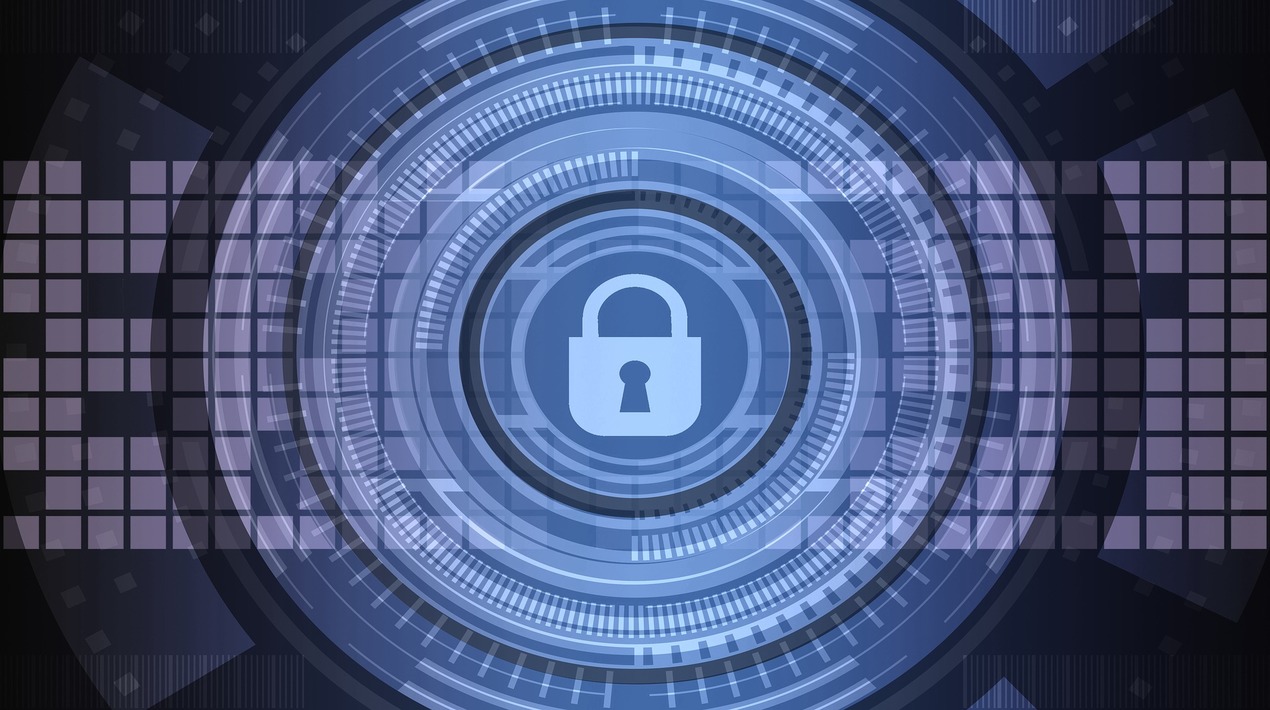
Cyber-security service providers, who verify whether a company is vulnerable to hacking and monitor information technology systems for suspicious activity, will soon be required to be licenced. According to Singapore’s Cyber Security Agency, the goal is to provide customers with greater assurance of safety while also raising the quality of providers (CSA). The providers, who can be businesses or individuals, will be licenced under a new framework that is expected to go into effect early next year. Singapore is thought to be one of the first countries in the world to require cyber-security service providers to be licenced.
The CSA has begun a public consultation on licencing conditions and legislation after their report revealed that cyber threats in the country have increased. Last year, an average of 6,600 malware-laced devices, also known as botnet drones, was observed here on a daily basis, a significant increase from 2,300 in 2019.
Service providers will have six months from the framework’s founding to apply for a licence. One of the licenced services is “penetration testing,” which determines whether a company can detect and respond to simulated cyber-security attacks. The other licensable service involves monitoring computer system activities in order to identify threats.
It is envisaged that licensing could serve as the means through which the quality of (service providers) could be raised over time in future, such as through the introduction of a code of ethics or certain baseline competency requirements.
– Cyber Security Agency Singapore
If these services are provided without a licence, providers may be fined up to $50,000, imprisoned for up to two years, or both. Licences can be revoked or suspended as well. The CSA has the authority to fine a company or individual up to $10,000 for failing to comply with a licencing condition. The total fine should not exceed $50,000 for various conditions that were not complied with on a particular occasion.
Licencing is designed to raise standards. Key officers must be “fit and proper,” according to the requirements. They should have no criminal convictions or judgements against them in civil cases involving fraud, dishonesty or morally depraved or wicked behaviour. Companies or individuals must notify CSA of the appointment of a new key officer at least 30 days in advance. They must provide information to assist it in investigating any potential licence violations.
They must also keep basic records of the services provided for at least three years, along with client names and work details, and keep clients’ information confidential. The framework excludes non-business offerings such as anti-virus software and services that scan e-mails for malware.
Concerning the framework’s goals, the CSA said that as cyber-security risks become more prevalent, the demand for credible cyber-security services will increase. However, some of the services provided can be sensitive and intrusive. As per the agency, if service providers’ access to clients’ systems and networks is abused, it can compromise and disrupt customer operations. As a result, the providers must have appropriate capacity and capability.
According to the CSA, the “risks of services being performed by incompetent or substandard providers are multifaceted.” They have the potential to make computer systems vulnerable or damaged, resulting in data loss. They may even jeopardise other systems.
CSA said customers, especially smaller buyers, may not have expert knowledge and not know which providers are ethical or of good quality. This could lead to some being unable to get “appropriate cyber-security services from credible service providers for their risks and budget”. One of Singapore’s engineering companies which offers licensable services, views the new framework as relevant and viable for cyber-security service providers, regardless of the scale of their operations.
The engineering company’s president of cyber business said that “being a licensee endorsed by CSA would give customers added assurance of our service quality and the skills of our certified professionals, as well as demonstrate our commitment to ethical operations and stringent standards”
















